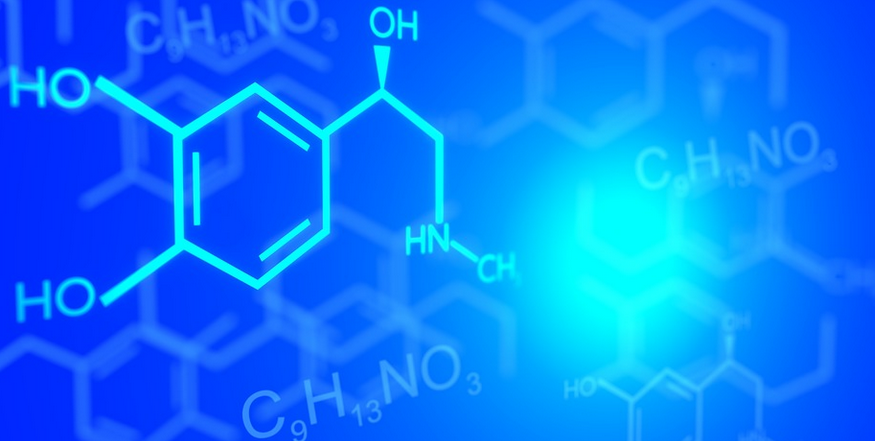The Basics of Hydrogen
Hydrogen is the most abundant chemical element in the universe, with one proton and one electron. It is also the lightest element and is a colorless, odorless, and tasteless gas. Hydrogen is the primary component of water (H2O) and is commonly used in fuel cell technology. As a result of its unique properties, hydrogen has a wide range of applications in various industries.
Chemical Properties of Hydrogen
1. Reactivity Hydrogen is a highly reactive element that readily reacts with other elements to form various compounds. It combines with oxygen to form water, with nitrogen to form ammonia, and with carbon to form methane. In addition, hydrogen can also react with halogens, such as chlorine and fluorine, to form hydrogen chloride and hydrogen fluoride, respectively. The reactivity of hydrogen is due to its electron configuration. Hydrogen has only one electron in its outer shell, making it highly reactive and unstable. It tends to lose or share its electron with other atoms to attain a stable configuration. 2. Combustibility Hydrogen is a highly flammable gas that can easily ignite in the presence of air, oxygen, or other oxidizing agents. When hydrogen burns, it combines with oxygen to form water vapor, releasing a large amount of energy in the process. This property of hydrogen makes it an excellent fuel source for various applications, such as fuel cells and rockets. The high combustibility of hydrogen is due to its low ignition energy and high flame speed. The low ignition energy means that hydrogen can ignite at lower temperatures than other fuels, such as gasoline or diesel. The high flame speed means that hydrogen burns very quickly, releasing a lot of energy in a short amount of time.
Conclusion
In conclusion, hydrogen is a highly reactive and combustible element with unique chemical properties. Its reactivity makes it an essential component in the production of various chemicals, such as ammonia and methane. Its combustibility makes it an excellent fuel source for various applications, such as fuel cells and rockets. Understanding the chemical properties of hydrogen is essential for its safe handling and use in various industries.

